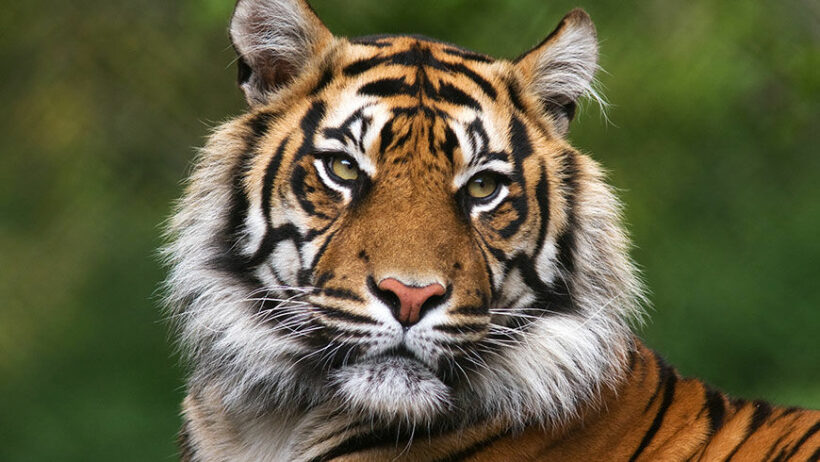WWF Thailand pushes for sustainable tourism and preservation

An animal lover, nature lover and a Thai national, CEO of World Wide Fund-Thailand, Natalie Phaholyothin is particularly proud of Thailand’s national environment and wildlife heritage.
“We have 127 national parks, which is quite a high number, and that in itself should be an indication of the potential for Thailand to become more of a sustainable tourism destination.
“All Thais should be really proud that we have so much biodiversity in Thailand. How do we make it sustainable? How can all Thais be encouraged to think about how we can co-exist with nature and thrive together? Because if we don’t preserve nature, we also don’t preserve our own future.”
The World Wide Fund for Nature was established in Thailand in 1995 and now employs 60 staff – a third are deployed in the field the majority of the time.
The World Wide Fund for Nature works with other NGOs and government organisations like the Department of National Parks, Wildlife and Plant Conservation under the Ministry of Natural Resources and Environment. Since being registered as a foundation in Thailand in 2018, it also carries out fundraising work.
Natalie says that tiger and elephant conservation are two of WWF-Thailand’s key areas of focus. Together with the DNP the organisation has been closely monitoring the tiger population of Mae Wong and Khlong Lan National Parks in Nakhon Sawan and Kamphaeng Phet provinces, to protect the big cats from poaching and to ensure they have sufficient prey.
Addressing the issue of human-elephant ‘conflict’ is an important part of the work being done with wild elephants. In Prachuap Khiri Khan province’s Kuiburi National Park, which is surrounded almost completely by farms, WWF-Thailand has been involved in efforts to turn the area’s elephants from a problem into an asset for the locals.
Tourism-related training, with support from WWF-Thailand, has been provided to the community for a number of years. As such, many locals are tour guides and drivers catering to this wildlife-viewing market while some families offer homestays.
WWF-Thailand’s illegal wildlife trade program aims to reduce the demand for animal products like ivory, and it works with the Royal Thai Police and international organisations like Interpol and the Convention on International Trade in Endangered Species of Wild Fauna and Flora.
While Thailand has taken major steps in recent years to stamp out the ivory trade, it is still a hotspot for the sale and trafficking of illegal ivory – much of which is from Africa where elephants continue to be slaughtered in large numbers – into Asian countries where demand is high.
There are good signs, said Natalie, of growing consciousness in helping to preserve the country’s natural treasures with reference in particular to the Thai Bankers’ Association and Bank of Thailand who now look more closely at who money is lent to.
SOURCE: Tourism Authority of Thailand

CEO of World Wide Fund-Thailand, Natalie Phaholyothin
Latest Thailand News
Follow The Thaiger on Google News:


























